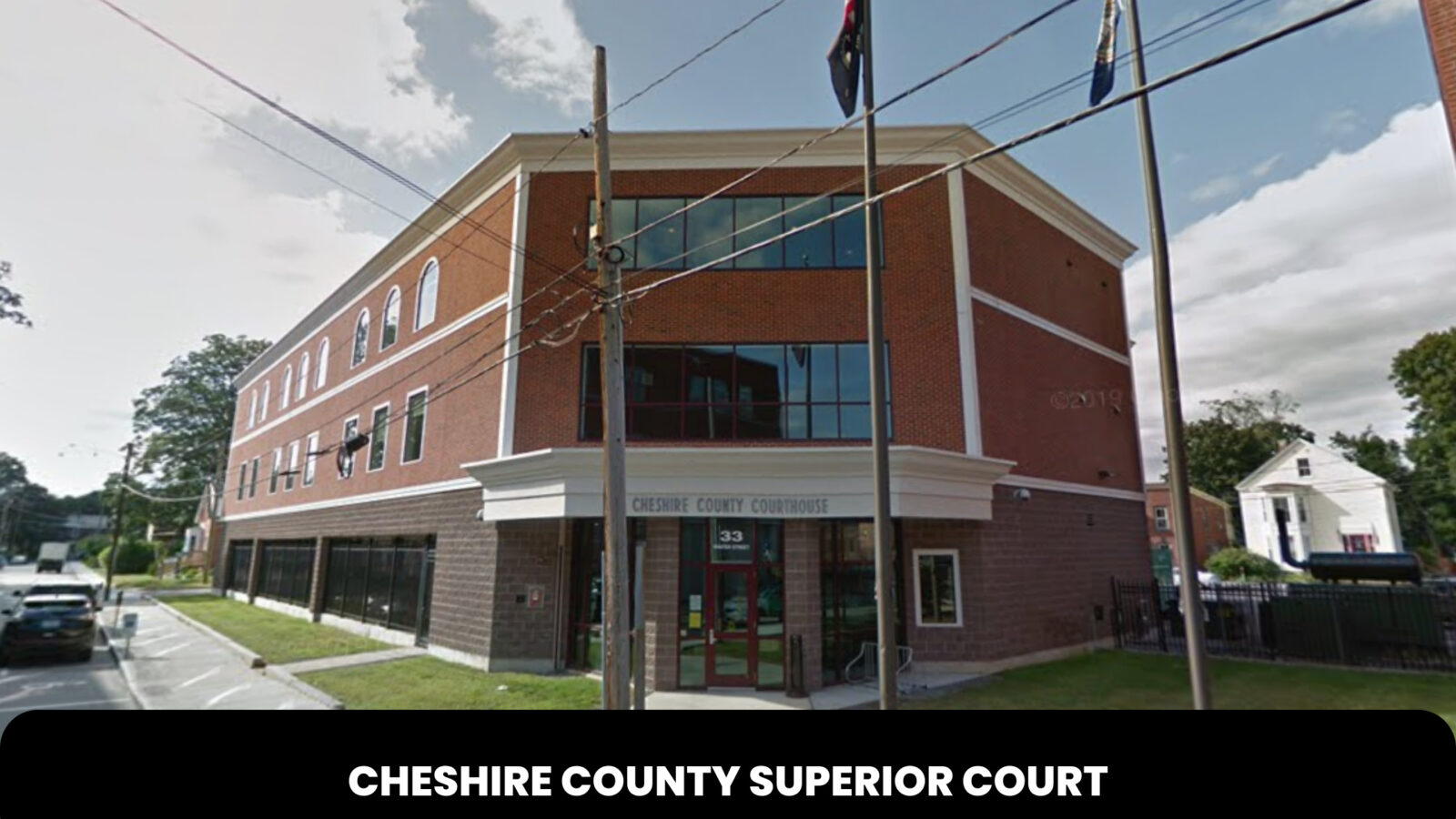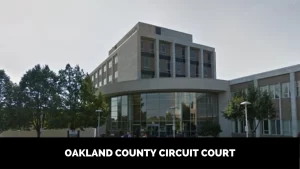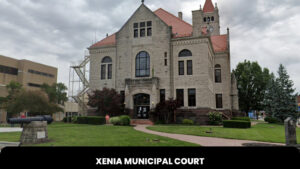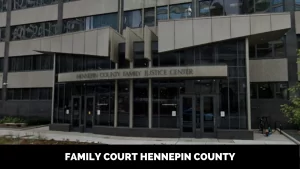Cheshire County Superior Court: A Comprehensive Overview
Time
Working Hours:
Monday:
8 am–4 pm
Tuesday:
8 am–4 pm
Wednesday:
8 am–4 pm
Thursday:
8 am–4 pm
Friday:
8 am–4 pm
Saturday: closed
Sunday: closed
Connect with a Attorney
Historical Background of Cheshire County Superior Court
Establishment of Cheshire County Superior Court
The Cheshire County Superior Court came into existence through the diligent efforts of local community leaders who recognized the need for a justice system closer to home. Its establishment was a significant development for the residents of Cheshire County, offering an opportunity to have their legal matters resolved without the need to travel great distances.
Important Milestones
Over the years, the court has faced numerous challenges and undergone several transformations, always aiming to deliver justice efficiently and fairly. Some notable milestones include the introduction of digital case filing systems and a marked increase in the court’s ability to handle more complex cases.
Structure and Operations of the Cheshire County Superior Court
Judicial Officers and Staff
The court’s functioning hinges on its dedicated staff, which includes judges, clerks, bailiffs, and other essential personnel. The judicial officers bring a wealth of legal expertise to their roles, upholding the principles of law in their decision-making process.
Court Operations and Procedures
Case Assignment and Scheduling
The court employs a systematic approach to case assignment and scheduling, ensuring that all cases receive equal attention and are handled in a timely manner. Its commitment to efficiency is evident in the streamlined processes that guide its daily operations.
Judicial Decision-making
At the heart of the court’s operations is the decision-making process, which is carried out with due diligence, fairness, and adherence to legal principles. The judges weigh the merits of each case, taking into account relevant laws and precedents, before arriving at their rulings.
Role and Impact of Cheshire County Superior Court
Jurisdiction
The Cheshire County Superior Court has broad jurisdiction over many types of cases, including civil, criminal, and family law matters. Its rulings have significant impacts, often shaping the course of lives and influencing broader legal interpretations.
Significant Cases and Rulings
Over the years, the court has presided over numerous landmark cases. These cases have not only shaped the local community but have also influenced statewide legal practices, underscoring the court’s critical role in the larger justice system.
Community Engagement and Resources
Outreach Programs
The court extends beyond its walls through various community outreach programs. These initiatives serve to educate the public about the court system and foster a positive relationship between the community and the court.
Online Resources and Accessibility
In an era of increasing digital connectivity, the court maintains a robust online presence. This includes a comprehensive website offering various resources such as case search tools, legal forms, and guidelines for self-representation.
Future Perspectives
Technological Advancements
The court is forward-looking, embracing technological advancements to improve its services. The future holds exciting possibilities, such as the potential for virtual courtrooms and further improvements in digital case management.
Goals and Challenges
While the court aims to continually enhance its efficiency and accessibility, it faces several challenges. These include maintaining its operations amid budget constraints and adapting to changing societal needs.
Cheshire County Court Cases
Cheshire County Superior Court oversees a wide array of cases, which include but are not limited to criminal cases, civil disputes, family law matters, probate issues, and juvenile cases. Each case category has its own unique procedures and requirements. In criminal cases, for instance, the court handles everything from minor misdemeanors to major felonies, ensuring due process and fair trials. In civil matters, the court resolves disputes involving contracts, personal injury, property, and more. Family law cases often involve sensitive issues such as divorce, child custody, and support, while probate matters deal with wills, trusts, and estates. The juvenile division handles cases involving minors.
Cheshire County Superior Court Docket
The Cheshire County Superior Court docket is essentially a schedule of all court proceedings and a record of all cases processed by the court. The docket includes critical information such as the names of the parties involved, the nature of the charges or claims, the names of the attorneys representing the parties, and the dates of all court proceedings. The docket entries provide a comprehensive timeline of a case, from initial filing to final disposition. The Cheshire County Superior Court maintains a publicly accessible docket, and information can be accessed online, providing transparency and accountability in the judicial process.
Cheshire County Courthouse Phone Number
If you need to reach out to the Cheshire County Courthouse, it’s always best to look up the most current contact information. As of my knowledge cut-off in September 2021, I am unable to provide the updated contact number. However, you can typically find this information on the court’s official website or through local directories. Always make sure to verify the phone number from a reliable source to ensure you are contacting the correct department.
Conclusion
The Cheshire County Superior Court, with its rich history, dedicated staff, and impactful role in the community, remains a cornerstone of the justice system in Cheshire County. Its ongoing commitment to fair and efficient justice, coupled with its forward-looking approach, underscores its vital role in upholding the rule of law.
Frequently Asked Questions
- What types of cases does the Cheshire County Superior Court handle?
The Cheshire County Superior Court handles a broad spectrum of cases, including but not limited to, criminal, civil, family law, probate, and juvenile cases. They manage everything from minor misdemeanors and major felonies in criminal cases to disputes involving contracts, personal injury, and property in civil matters. Family law cases can involve issues such as divorce, child custody, and support. Probate matters deal with wills, trusts, and estates, and the juvenile division handles cases involving minors. - How has the Cheshire County Superior Court adapted to the digital age?
The Cheshire County Superior Court has embraced the digital age by implementing a variety of technological tools. They have established digital case filing systems and an online docket that offers public access to case information. The court’s official website also provides numerous resources, including legal forms, self-representation guides, and case search tools. - How does the court’s case assignment and scheduling process work?
The Cheshire County Superior Court employs a systematic approach to case assignment and scheduling. When a case is filed, it’s assigned to a judge who manages the case from beginning to end. Cases are scheduled based on several factors, including the urgency of the matter, the court’s workload, and statutory requirements. - What are some of the court’s most significant rulings?
The Cheshire County Superior Court has presided over numerous landmark cases over the years, impacting local and statewide legal practices. As a Superior Court, it has the authority to handle significant and complex cases, including those involving serious crimes, major civil disputes, and sensitive family law matters. Due to confidentiality and privacy considerations, specific details about these cases may not be publicly accessible. - What community outreach programs does the court offer?
The court actively engages with the community through a variety of outreach programs. These initiatives aim to educate the public about the court system and foster a better understanding of legal processes. They might include informational workshops, school visits, open court days, and resources for self-representation.





